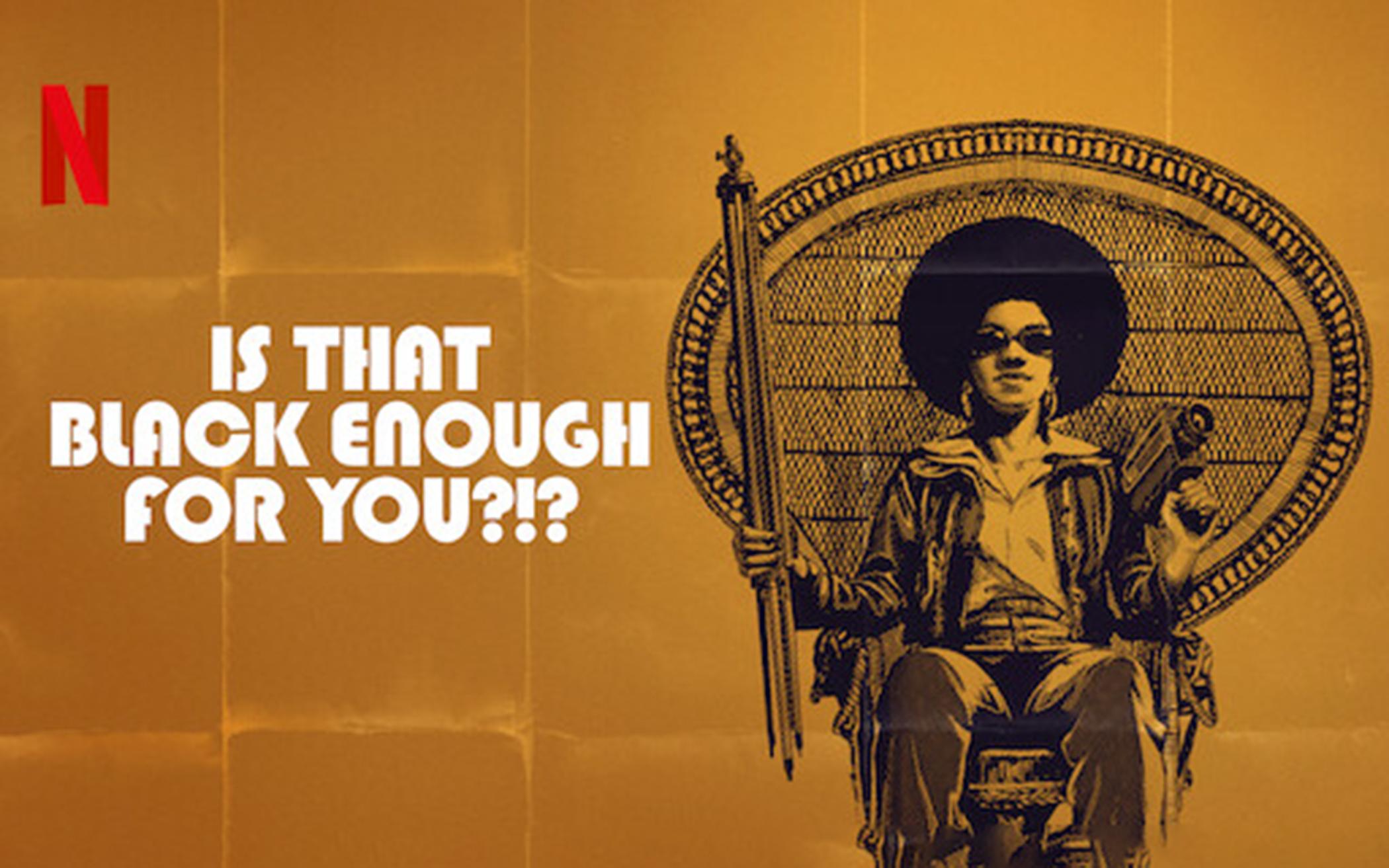Did you know the Black action film Shaft saved the Metro-Goldwyn-Mayer studio from bankruptcy? Or that Black films were the first to release soundtracks as a promotional tease? Or that the white producers of The Wiz went broke despite the star power of Diana Ross and Michael Jackson? I didn’t know any of that until I watched the Netflix documentary Is That Black Enough for You?!?, a film produced by Academy Award-winning directors Steven Soderbergh and David Flincher and directed by Black film critic Elvis Mitchell.
Mitchell takes the viewer on a historical tour of Black filmmaking, starting with the works of Oscar Micheaux, who began making Black films in the early 20th century. Micheaux produced and directed 44 films that showcased Black life and actors in the post-Civil War era when Black emancipation was perceived as a threat.
The other early defining film about Black life was David O. Selznick’s 1939 Best Picture winner Gone with the Wind, which centered white Americans in its narrative of the Civil War.
Even during that epoch of the late 1930s, however, Black filmmakers were toiling in their craft to bring to the big screen the complex and nuanced lives of Black people who lived with dignity, lament, and joy. For me, it was important to note that Black filmmaking started long before I was born.
By the 1970s, according to Mitchell, “for the first time I got to see films of assured Blackness, from Friday Foster to Five on the Black Hand Side, as a burst of freedom.” Black filmmakers in the 1970s sought to tell Black stories from Black experiences without the majority culture’s critique or approval. I am thankful they took that risk.
The documentary held some surprises for me. Award-winning actor Sidney Poitier, I learned, chose to direct westerns and comedies to expand Black possibilities in Hollywood. Harry Belafonte, trained at the prestigious Dramatic Workshop of The New School in New York City alongside Marlon Brando, Tony Curtis, and Walter Matthau, stopped acting in America for 12 years before coming back and producing and directing his own films. (According to Belafonte, traditional directors didn’t believe white audiences were interested in complex Black life.) And I found out that 1972 was the breakthrough year for Black movies, including Sounder and Lady Sings the Blues, that were prophetic box-office hits.
There would not be Spike Lee, Jordan Peele, Ava DuVernay, or Attica Locke without these trailblazing films and their directors, producers, and actors who stopped waiting for white Hollywood to knock on their doors.
This film has some nudity and profanity, but it’s a substantial, polished documentary that sees American filmmaking through a Black lens. Is That Black Enough for You?!? is worth a look.
About the Author
Reginald Smith is the Director of Diversity for the Christian Reformed Church. He attends Madison Square Church in Grand Rapids, Mich.








